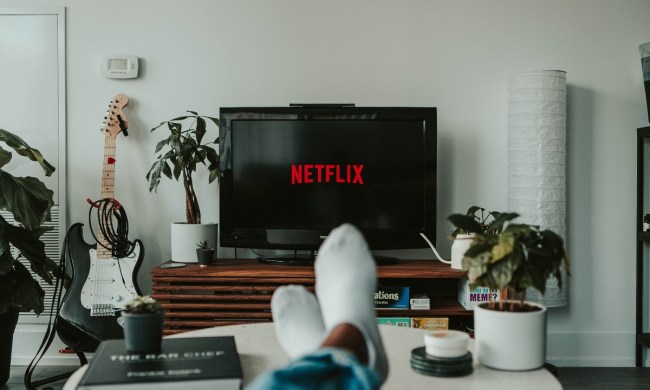
Ashwagandha is a popular herb for any number of different applications. It’s a relative newcomer to mainstream America, but healers throughout the world have used ashwagandha for centuries.
Perhaps the most well-known use for ashwagandha (osh-wuh-GAHN-duh) is as an aid in relieving stress and anxiety. Given how widespread anxiety is — 40 million adults experience anxiety each year, according to the Anxiety and Depression Association of America — it’s no wonder people are so interested in natural remedies to treat it.
If you’re hoping to use ashwagandha to alleviate your stress, anxiety, or both, here’s what you need to know. Although Western medicine has not conducted a great deal of research into ashwagandha, there is some evidence of its effectiveness. As with any potential new treatment or therapy, however, consult your health care professional before you try it.

Intro to ashwagandha
Ashwagandha is an herb native to Asia, northern Africa, and the Middle East. It is also known as Indian ginseng or winter cherry.
Besides stress and anxiety, ashwagandha is used to treat a range of illnesses, in part because it has a protective effect on the body’s nervous system. Potential therapeutic uses include:
- Memory and cognitive function
- Inflammation
- Low testosterone
- Muscle building
- Male and female fertility
- Blood sugar
- Protect against certain cancers
The use of ashwagandha dates back thousands of years and is still common today in Ayurvedic medicine, a system of holistic health and healing developed and mainly practiced in India.
Those who practice Ayurvedic medicine take ashwagandha to help treat everything from fertility to inflammation. In recent years, Western cultures like the United States are becoming increasingly aware of its potential.
Evidence of effectiveness
Ashwagandha, as with many other complementary and alternative therapies, has not been robustly studied in the United States. But there is still some evidence that shows its potential to deal with stress and anxiety.
For example, a 2019 study found that ashwagandha had a substantial impact on stress and anxiety stating: “Ashwagandha may help in restoring a normal lifestyle with reduced stress and prevent the onset of several life-threatening disease conditions. The results indicated that the treatment with ashwagandha root extract was considerably effective compared to the placebo.”
Another study from 2019 also found that ashwagandha could have positive effects on anxiety, and hypothesized that its “stress-relieving effects may occur via its moderating effect on the hypothalamus-pituitary-adrenal axis.”
A 2014 review of several studies on ashwagandha found its use translated to better scores on anxiety and stress tests.
Are there any side effects?
All studies of ashwagandha have found the supplement to be very safe on the whole. However, as with many other supplements or drugs, there can be some mild side effects. These may include:
- Nausea
- Upset stomach
- Headache
- Drowsiness
Consult your health care provider before using ashwagandha, especially if you are pregnant or thinking about becoming pregnant or have prostate cancer or thyroid problems.

Adding ashwagandha to your daily regimen
Existing science — not to mention centuries of history — indicate that ashwagandha can be safe and effective for helping people address their stress and anxiety.
There are several ways to incorporate ashwagandha into your daily regimen. Capsules are the most popular and convenient, though powder and liquid extract also are available.
Because it is gaining significant popularity for its ability to help treat or prevent a range of different problems or conditions, ashwagandha is now readily available online or at pretty much any health food or drug store.
Bottom line: ashwagandha does appear to be backed by comparatively solid evidence, including for stress and anxiety. Given that it has no serious side effects and has shown promise in formal scientific research, it may be worth making an investment to see if it works for you.
BlissMark provides information regarding health, wellness, and beauty. The information within this article is not intended to be medical advice. Before starting any diet or exercise routine, consult your physician. If you don’t have a primary care physician, the United States Health & Human Services department has a free online tool that can help you locate a clinic in your area. We are not medical professionals, have not verified or vetted any programs, and in no way intend our content to be anything more than informative and inspiring.



